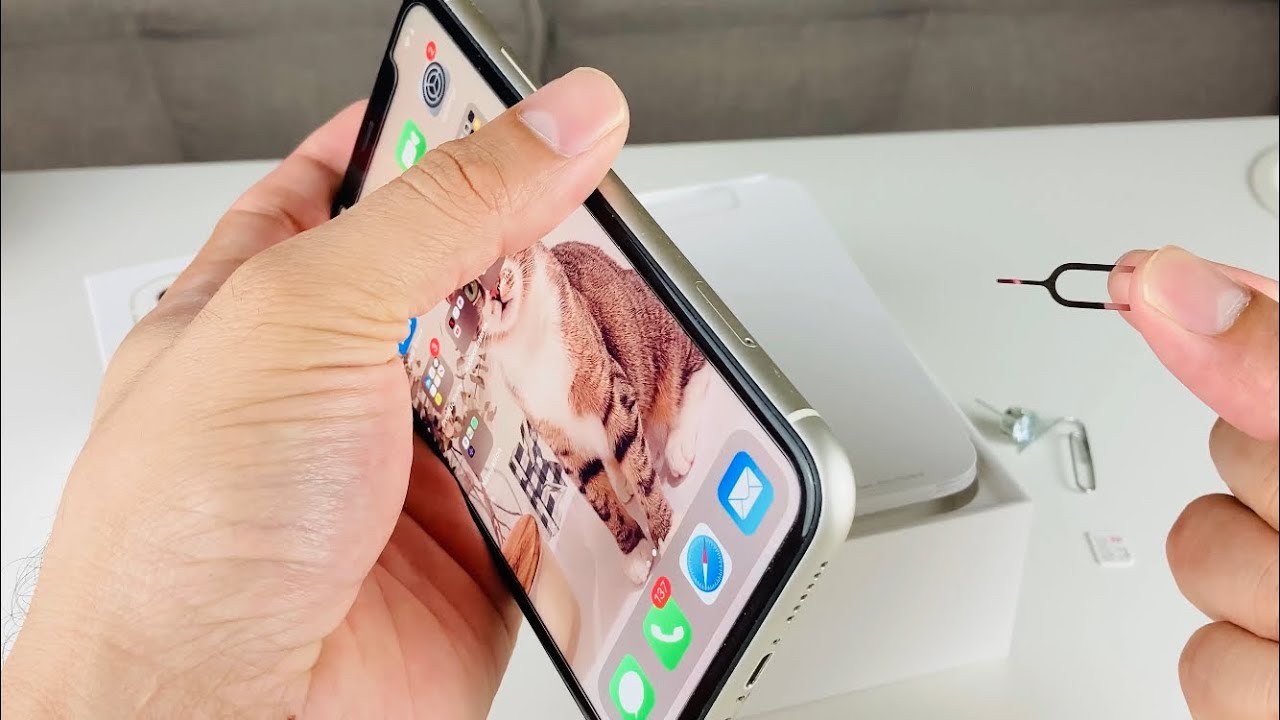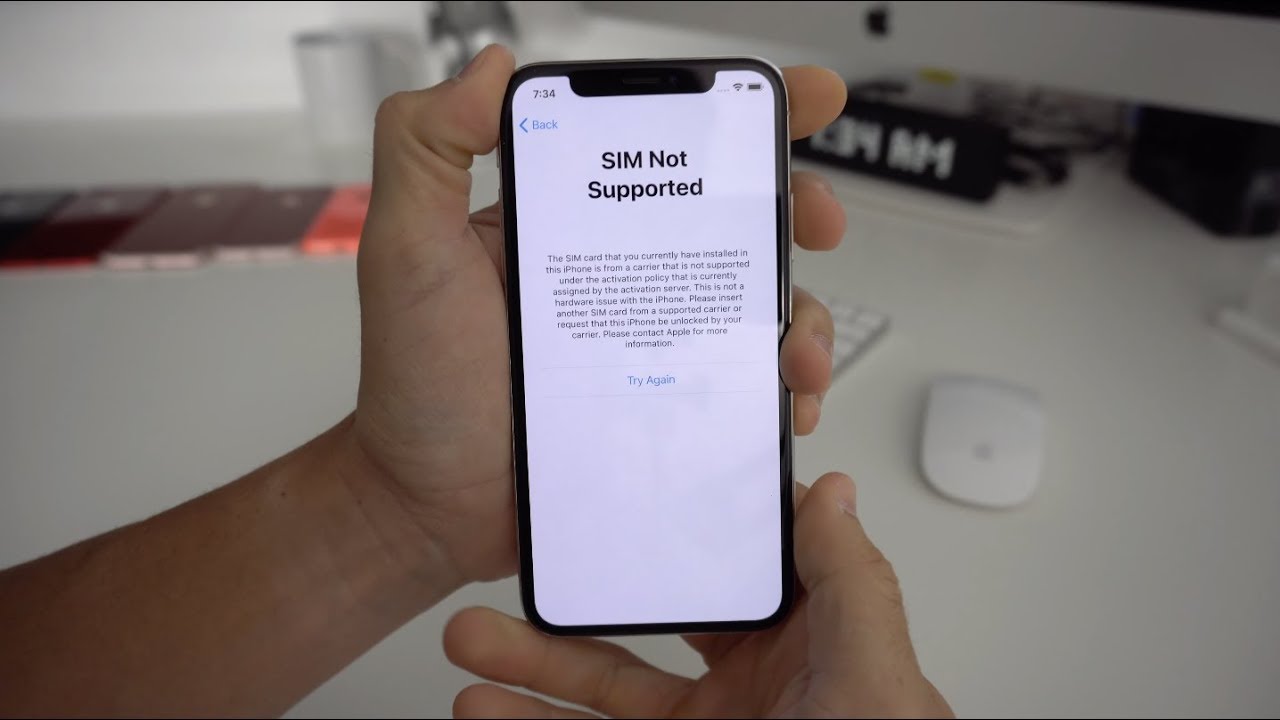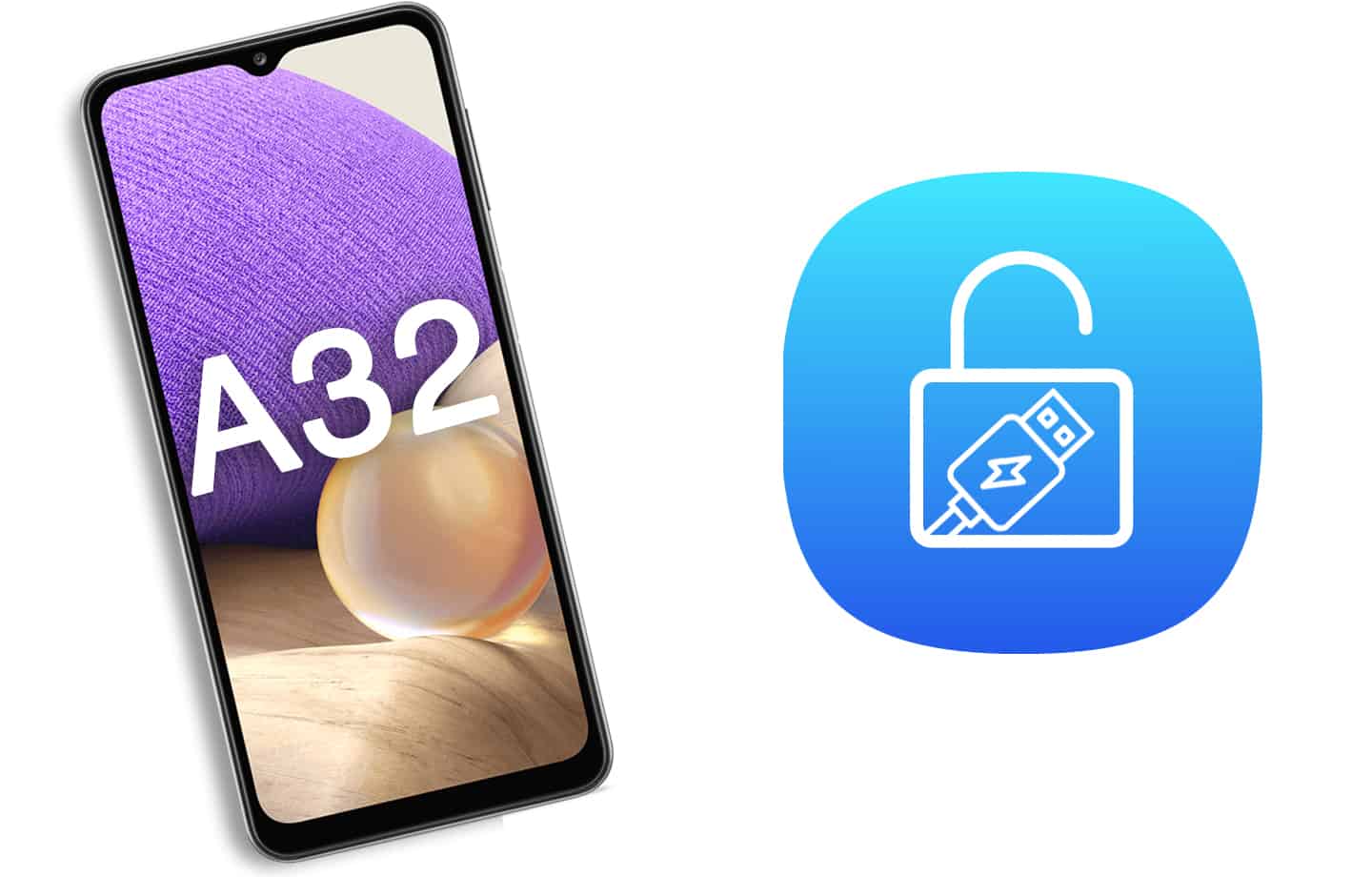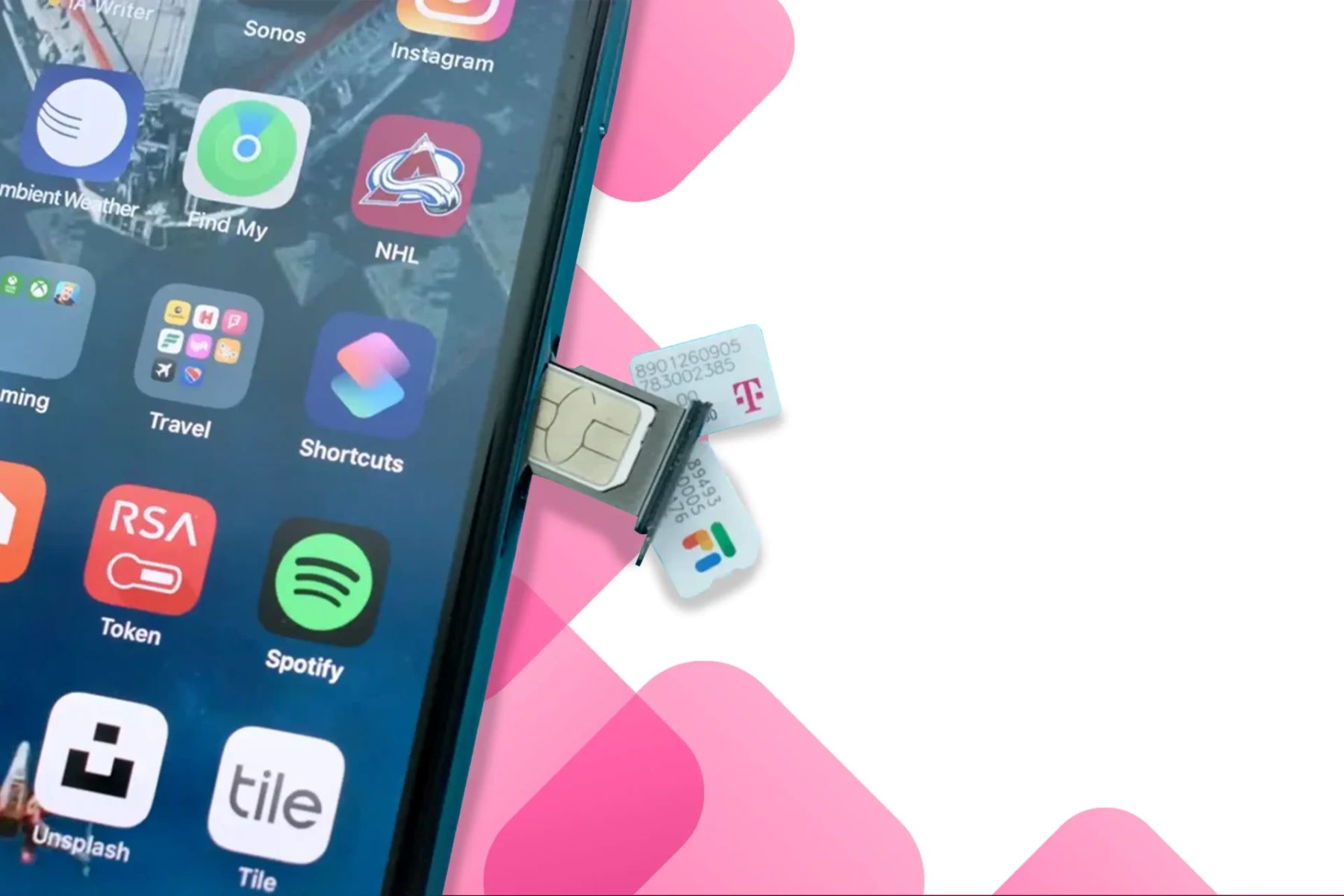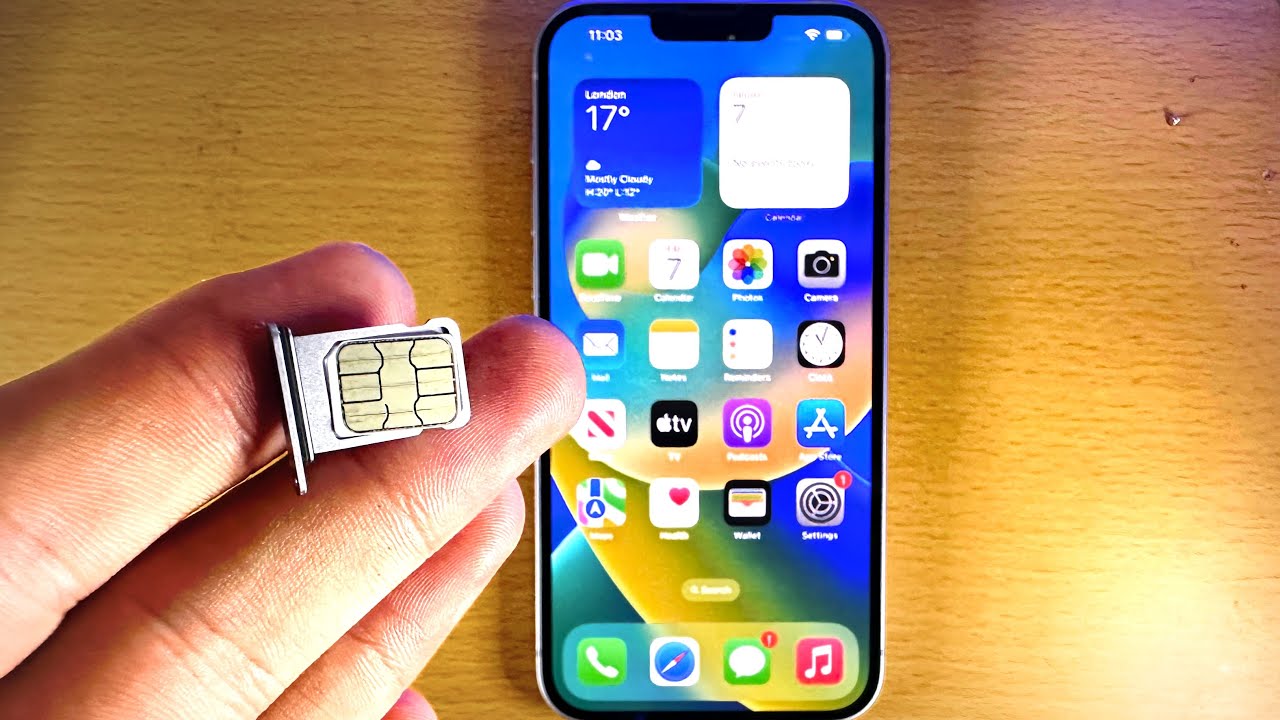Introduction
In today's digital age, the necessity of a phone number for various activities such as signing up for online services, verifying accounts, or staying connected with friends and family cannot be overstated. However, there are situations where obtaining a traditional SIM card may not be feasible or convenient. Whether you're traveling abroad, seeking privacy, or simply looking for an alternative to a physical SIM card, there are several methods available to generate phone numbers without the need for a traditional SIM card.
In this article, we will explore four effective methods for obtaining phone numbers without a SIM card. Each method offers its own unique advantages and can be tailored to suit different needs and preferences. From utilizing online services to leveraging virtual phone numbers, we will delve into the intricacies of each approach, providing you with the knowledge and tools to make informed decisions based on your specific requirements.
Whether you're a digital nomad, a privacy-conscious individual, or someone seeking a cost-effective alternative to traditional phone services, the methods outlined in this article offer practical solutions to the challenge of generating phone numbers without relying on a physical SIM card. So, let's embark on this journey to discover the diverse options available for obtaining phone numbers in a modern, interconnected world.
Method 1: Using Online Services
In the digital era, online services have revolutionized the way we communicate and connect with others. When it comes to obtaining a phone number without a traditional SIM card, online services offer a convenient and versatile solution. There are various platforms and applications that provide virtual phone numbers, enabling users to make and receive calls, as well as send and receive text messages, all without the need for a physical SIM card.
One of the key advantages of using online services to generate phone numbers is the flexibility and accessibility they offer. These services are often available on multiple devices, including smartphones, tablets, and computers, making it convenient to manage communications across different platforms. Additionally, virtual phone numbers obtained through online services can be used for a wide range of purposes, such as creating accounts on social media platforms, signing up for online services, or even establishing a business presence in different regions.
Furthermore, online services often provide additional features and customization options, allowing users to tailor their communication experience to suit their specific needs. For example, some platforms offer call forwarding, voicemail transcription, and integration with third-party applications, enhancing the overall functionality of the virtual phone number.
When considering the use of online services to obtain a phone number without a SIM card, it's important to prioritize security and reliability. Choosing a reputable and trusted service provider is crucial to ensure the privacy and security of your communications. By selecting a reliable platform with a proven track record, users can mitigate potential risks and enjoy a seamless virtual phone number experience.
In summary, utilizing online services to generate phone numbers without a traditional SIM card presents a practical and efficient solution for modern communication needs. With the flexibility, accessibility, and additional features offered by these platforms, users can seamlessly integrate virtual phone numbers into their digital lifestyles, enabling them to stay connected and engaged across various channels and devices.
Method 2: Using VoIP Apps
In the realm of modern communication, Voice over Internet Protocol (VoIP) apps have emerged as a popular and versatile alternative for obtaining phone numbers without the need for a traditional SIM card. VoIP apps leverage internet connectivity to facilitate voice calls, video calls, and text messaging, offering a cost-effective and flexible solution for individuals and businesses alike.
One of the primary advantages of using VoIP apps to generate phone numbers is the global accessibility they provide. With VoIP technology, users can obtain virtual phone numbers from different geographic regions, enabling them to establish a local presence in various locations without physical proximity. This feature is particularly beneficial for businesses seeking to expand their reach and connect with customers in diverse markets.
Furthermore, VoIP apps offer a wide array of communication features, including call forwarding, voicemail transcription, and conference calling, enhancing the overall functionality of the virtual phone number. These features enable users to manage their communications effectively, whether for personal or professional purposes, while maintaining the flexibility to adapt to evolving communication needs.
Privacy and security are paramount considerations when using VoIP apps to obtain phone numbers without a traditional SIM card. Reputable VoIP service providers prioritize encryption and robust security measures to safeguard user data and communications. By choosing a trusted VoIP app with a proven commitment to privacy, users can confidently utilize virtual phone numbers for their communication needs, without compromising on security.
Moreover, VoIP apps often integrate seamlessly with other digital tools and platforms, allowing for enhanced productivity and connectivity. Integration with email, messaging apps, and customer relationship management (CRM) systems streamlines communication workflows, providing a cohesive and efficient experience for users.
In summary, leveraging VoIP apps to generate phone numbers without a traditional SIM card offers a myriad of benefits, including global accessibility, advanced communication features, and robust security measures. Whether for personal use, business expansion, or international communication, VoIP apps provide a versatile and reliable solution for obtaining virtual phone numbers, empowering users to stay connected and engaged in an increasingly interconnected world.
Method 3: Using a Landline
In the realm of communication, the traditional landline has long been a stalwart presence, providing reliable and consistent connectivity for individuals and businesses. When it comes to generating a phone number without a traditional SIM card, leveraging a landline offers a dependable and accessible alternative. While mobile devices have become ubiquitous, landlines remain a steadfast communication tool, offering unique advantages for obtaining phone numbers without the constraints of a physical SIM card.
One of the key benefits of using a landline to generate a phone number is its reliability and stability. Unlike mobile networks that may be susceptible to coverage limitations or signal interferences, landlines provide a consistent and clear communication channel. This reliability is particularly valuable for individuals and businesses operating in areas with limited mobile network coverage or facing challenges with signal strength.
Additionally, landline phone numbers are often associated with a sense of permanence and credibility. When establishing a phone number for business purposes, a landline can convey a professional image and instill confidence in customers and clients. This is especially relevant for businesses seeking to build trust and credibility within their respective industries, as a landline number can signify stability and longevity.
Furthermore, landline phone numbers are not tied to a physical device, offering the flexibility to route calls to different locations. This feature is advantageous for individuals who may need to manage their communications across multiple devices or locations, as calls to a landline number can be forwarded to a designated mobile or alternative number, ensuring seamless accessibility and responsiveness.
In the context of privacy and security, utilizing a landline to obtain a phone number offers inherent advantages. Landline networks are generally considered more secure than mobile networks, providing a layer of protection against certain types of cyber threats and unauthorized access. This added security can be particularly relevant for individuals and businesses handling sensitive or confidential communications.
In summary, leveraging a landline to generate a phone number without a traditional SIM card presents a reliable, credible, and secure solution for communication needs. With its inherent stability, professional image, and flexibility, a landline offers a distinct alternative for obtaining a phone number, catering to diverse requirements and preferences in an ever-evolving communication landscape.
Method 4: Using a Virtual Phone Number
In the digital age, the concept of a virtual phone number has emerged as a versatile and innovative solution for obtaining a phone number without the reliance on a physical SIM card. A virtual phone number, also known as a cloud-based number, is not directly associated with a specific phone line or device. Instead, it is hosted in the cloud and can be accessed and managed through various communication channels, including smartphones, computers, and other internet-enabled devices.
One of the primary advantages of using a virtual phone number is its inherent flexibility and scalability. Virtual numbers can be obtained from a wide range of geographic regions, allowing individuals and businesses to establish a local presence in different areas without the need for physical proximity. This feature is particularly beneficial for businesses seeking to expand their reach and connect with customers in diverse markets, as it enables them to create a localized presence and build trust within specific communities.
Moreover, virtual phone numbers offer advanced call management features, such as call forwarding, voicemail transcription, and customizable greetings, enhancing the overall communication experience. These features empower users to customize their call handling and routing preferences, ensuring that they can effectively manage their communications based on their specific needs and preferences.
Privacy and security are paramount considerations when using virtual phone numbers, and reputable service providers prioritize encryption and robust security measures to safeguard user data and communications. By choosing a trusted virtual phone number service, users can confidently utilize this communication tool for their personal and professional needs, knowing that their privacy and security are prioritized.
Additionally, virtual phone numbers integrate seamlessly with Voice over Internet Protocol (VoIP) technology, enabling users to make and receive calls over the internet. This integration provides a cost-effective and flexible communication solution, allowing users to leverage internet connectivity for their voice calls and text messaging needs, without the constraints of traditional phone lines or SIM cards.
In summary, leveraging a virtual phone number offers a myriad of benefits, including global accessibility, advanced call management features, and robust security measures. Whether for personal use, business expansion, or international communication, virtual phone numbers provide a versatile and reliable solution for obtaining phone numbers without the reliance on traditional SIM cards, empowering users to stay connected and engaged in an increasingly interconnected world.
Conclusion
In conclusion, the landscape of communication has evolved significantly, offering diverse and innovative methods for obtaining phone numbers without the traditional reliance on physical SIM cards. The methods explored in this article, including online services, VoIP apps, landlines, and virtual phone numbers, present practical and versatile solutions tailored to the unique needs and preferences of individuals and businesses in today's interconnected world.
From the convenience and flexibility of online services to the global accessibility and advanced features offered by VoIP apps, each method offers distinct advantages that cater to a wide range of communication requirements. Whether seeking privacy, expanding business reach, or simply looking for alternative communication channels, the options available for generating phone numbers without a SIM card provide a wealth of opportunities for users to stay connected and engaged.
Furthermore, the considerations of privacy and security are paramount in the digital age, and each method prioritizes the protection of user data and communications. By choosing reputable and trusted service providers, individuals and businesses can confidently utilize virtual phone numbers, knowing that their privacy and security are safeguarded.
As the digital landscape continues to evolve, the methods outlined in this article serve as a testament to the adaptability and innovation within the realm of communication. Whether leveraging the stability and credibility of landlines or embracing the flexibility and scalability of virtual phone numbers, users are empowered to tailor their communication experiences to align with their specific needs and preferences.
In essence, the methods for generating phone numbers without a traditional SIM card offer a glimpse into the future of communication, where accessibility, security, and customization converge to provide a seamless and interconnected experience. By embracing these methods, individuals and businesses can navigate the complexities of modern communication with confidence, knowing that they have the tools and resources to stay connected in an ever-evolving digital landscape.










